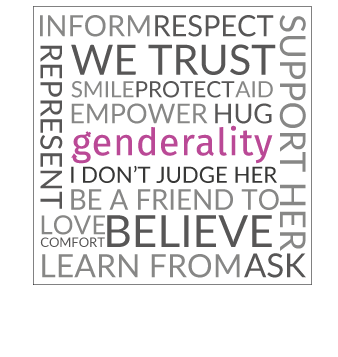In the report based on interviews with 42,000 women across the 28 Member States of the European Union (EU), it is shown that violence against women, and specifically gender-based violence that disproportionately affects women, is an extensive human rights abuse that the EU cannot afford to overlook.
The role of the internet and social media:
Internet service providers and social media platforms should take steps to proactively assist victims of stalking to report abuse, and should also proactively address perpetrators’ behaviour.
• Twenty-three per cent of victims of stalking indicate that they had to change their email address or phone number in response to the most serious case of stalking. Rather than victims having to change their behaviour, the onus should be on internet service providers to address cases of repetitive abuse or stalking in order to protect the victim and inform the perpetrator that they cannot act with impunity, and ultimately to change the perpetrator’s behaviour. This approach was considered by Twitter in the summer of 2013 after a prominent woman campaigner in the UK received repetitive threats via Twitter; thereupon, Twitter indicated it would simplify its ‘report abuse’ function.
• Harassment and stalking online – ‘cyberstalking’ – is a particular problem for young women because of their greater use of and exposure in these mediums. Where cyberstalking exists, operators of social media platforms should ensure that victims have quick and effective recourse to assistance if they are targeted by repetitive abusive behaviour. This is particularly important for young people, who may not be in a position to easily stand up to a deluge of abuse that can be in the form of sexual threats and ‘hate’ in the form of misogyny.
Social media could do more to highlight and respond to abusive behaviour by focusing on the responsibilities of perpetrators, and by outlining where online comment becomes threatening and abusive behaviour under the terms of the law and has little to do with the fundamental right of freedom of expression.










